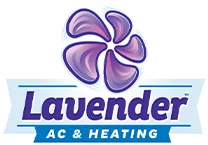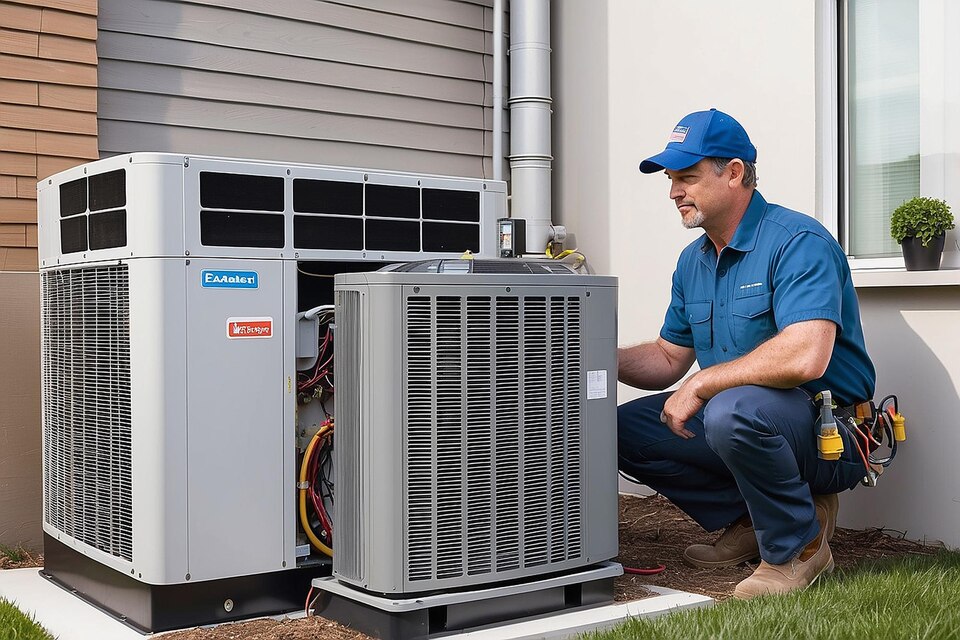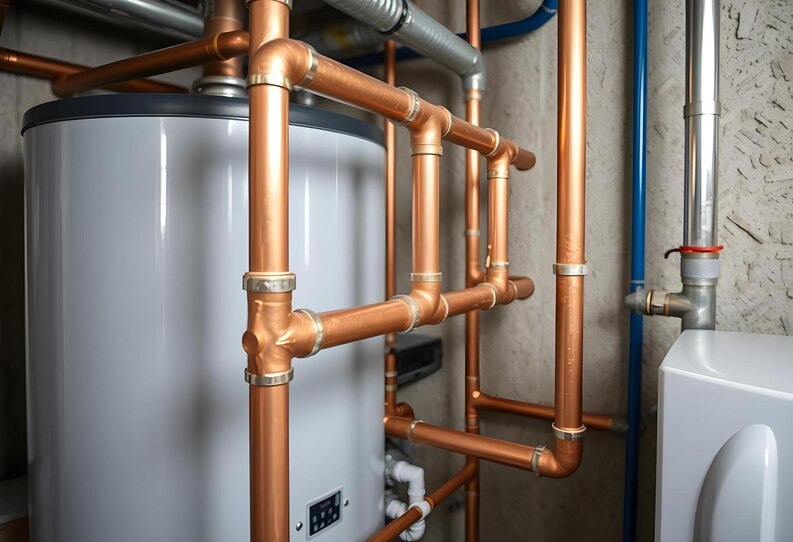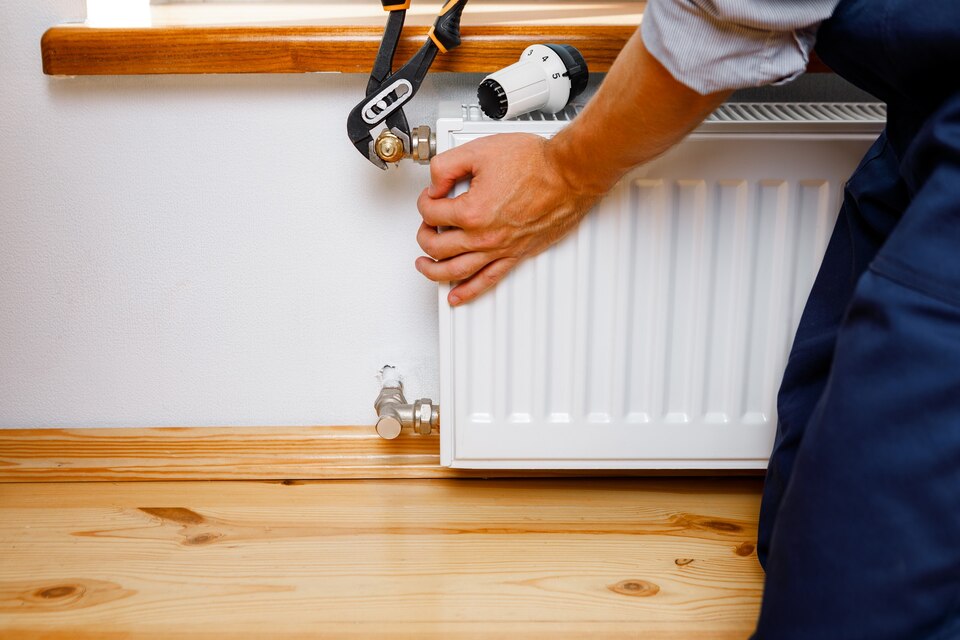While there are several heating options available for homeowners, heat pump systems have steadily gained popularity for their energy-efficient and eco-friendly capabilities. These versatile systems are designed to provide year-round comfort for your living space by transferring heat energy between the indoors and outdoors. As a result, heat pumps are highly efficient, consume less energy, and make for an environmentally responsible choice.
Installing a heat pump system in your home offers a variety of advantages over conventional heating methods, such as furnaces or boilers. These benefits include lower operating costs, consistent heating across your living space, reduced carbon footprint, and even the potential for cooling during the hotter months. By embracing heat pump technology, you can create a comfortable, energy-efficient, and sustainable indoor environment for you and your family.
Let Lavender AC & Heating share the numerous advantages of heat pump installation and how this eco-friendly technology can benefit you in terms of cost savings, comfort, and environmental impact. By understanding the potential of heat pump systems, you will be well prepared to make an informed decision when selecting the best home heating solution that fits your needs and budget.
Lower Operating Costs
One of the primary advantages of installing a heat pump system is the potential for lower energy bills. Heat pumps consume less energy than traditional heating systems, such as furnaces or boilers, due to their unique heat transfer mechanism. By utilizing the existing heat energy in the surrounding environment rather than generating it, heat pump systems operate with greater efficiency and consume less energy. This results in reduced energy costs, saving you money on your monthly utility bills while providing comfortable and consistent heating for your home.
Consistent Year-Round Comfort
Heat pumps provide more than just an energy-efficient heating solution; they also offer versatility by functioning as both a heating and cooling system. During the colder months, heat pumps transfer heat from the outdoors to the indoors, keeping your home warm and cozy. Conversely, during the warmer months, the system can reverse its operation to transfer heat from inside your home to the outdoors, effectively cooling your living space. With a heat pump, you’ll enjoy comfortable temperatures and the convenience of a single system for your home heating and cooling needs.
Reduced Carbon Footprint
Installing a heat pump system is a responsible choice when considering the environmental impact of your home heating solution. As heat pumps operate on electricity, they produce fewer greenhouse gas emissions than conventional heating systems that rely on fossil fuels. By opting for a heat pump, you contribute to reducing your home’s carbon footprint and play a part in mitigating climate change.
Flexible Installation Options
Heat pump systems offer flexibility in installation, allowing you to choose the best setup for your unique home layout and heating requirements. Dedicated outdoor units can be easily installed at ground level, on roofs, or on the side of the building. Similarly, indoor units can be installed as wall-mounted, ceiling-mounted, or even concealed within the building’s infrastructure, depending on your preferences and the available space. Additionally, modern heat pump systems can be integrated with your existing central heating system or ductless mini-split setup, or they can be designed for multi-zone applications.
Improved Indoor Air Quality
Heat pumps contribute to improved indoor air quality by continuously circulating and filtering the air in your home. The system’s built-in air filters help remove dust, allergens, and other airborne pollutants, resulting in a cleaner, healthier living environment. Regular maintenance, including replacing or cleaning the air filters, further enhances the air quality benefits of a heat pump system.
Low Maintenance Requirements
Heat pump systems have minimal moving parts and components, which translates to lower maintenance requirements compared to traditional heating systems. Regular maintenance procedures typically involve cleaning or replacing air filters, inspecting the system for leaks or damage, and checking the refrigerant levels. These simple steps help ensure your heat pump remains in optimal working condition, extending its lifespan and minimizing the need for frequent repairs.
Choosing The Right Heat Pump System For Your Home
When selecting a heat pump system, it is crucial to consider factors such as the size of your home, your heating and cooling requirements, and the local climate. Consulting with our professionals will ensure you choose the right heat pump system that is both energy-efficient and tailored to your specific needs. Our skilled technician can assess your home, provide recommendations, and guide you through the process of selecting the ideal heat pump system for your living space.
Conclusion
With the numerous benefits offered by heat pump systems, many homeowners are making the switch to this eco-friendly, energy-efficient heating solution. As a heat pump user, you’ll enjoy cost savings, year-round comfort, reduced environmental impact, and improved air quality, among other advantages.
If you’re considering heat pump installation, trust our expert team at Lavender AC & Heating to provide the professional service and guidance you need. With our commitment to excellent customer service, our technicians will ensure a seamless installation process and help you enjoy the advantages of a greener, more efficient home heating solution. Contact us today to schedule a consultation and upgrade to the future of home heating.






